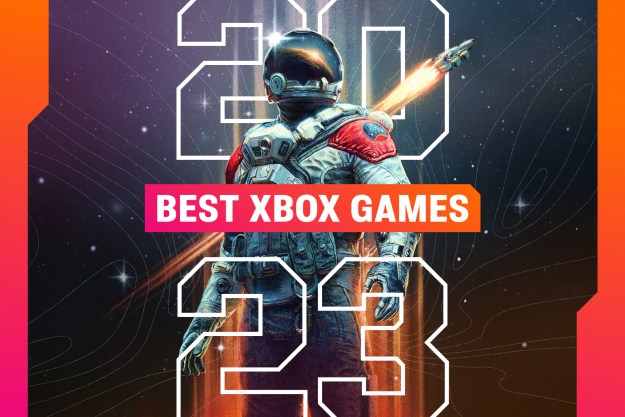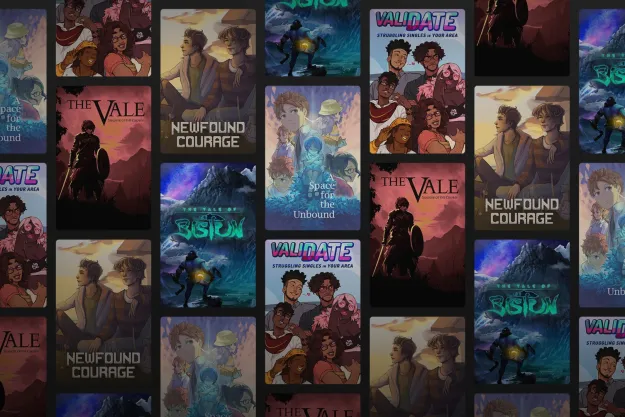Microsoft’s surprise sale of its Mixer streaming platform to Facebook could be its biggest bet on the next generation of gaming.
By partnering with Facebook — and its 2.38 billion users — Microsoft seems to be subtly positioning itself for the coming battle with Google (and Sony) over game streaming. And it all hints at a much bigger conflict further down the road.
Despite Microsoft’s best efforts, Mixer never really grew into a major player in the streaming market. It launched after Twitch had already amassed a dominant position, and despite spending big to lure personalities like Ninja and Shroud, it couldn’t find a notable base. (Ninja and Shroud’s contracts with the service ended with the sale — and, reportedly, neither opted to sign with Facebook, despite huge financial incentives.) Microsoft could have attempted a reboot with the debut of the Xbox Series X, but instead, it cut its losses and took a longer-term approach.
The launch of new systems from Microsoft and Sony later this year has people thinking about the next round of the console wars. That will be a fun thing for zealots of both systems to argue about for a little while, but many within the industry think the future lies in game streaming.
Google was first to market with a major standalone streaming service. And while Stadia hasn’t set the world on fire yet due to a rocky launch, the company still has plenty of time to work the kinks out. More importantly, Google has yet to introduce what many expect to be Stadia’s most compelling feature: Integrating YouTube streaming — and launching into the service from those streams.
Before the pandemic hit, Google had planned to launch that integration late this summer, according to sources with knowledge of the company’s timeline. The timing is less certain now, due to the complications of stay-at-home orders.
It’s a feature Google has been excited about since it first unveiled Stadia last year, however.
“Creators become a very important part of our platform,” said Phil Harrison, vice president at Google, last March. “A Creator can be talking about the latest game or the latest feature for a game and their subscribers and fans can click and instantly play that experience — and, in some cases, play that experience with the Creator. We’re bringing those two experiences together and that’s powered by technology that only Google has.”
Note that last sentence. It was a line in the sand.
Microsoft was working on a similar feature for xCloud, its own game streaming service, and Mixer. By transferring Mixer to Facebook, the company now has a bigger showcase to show off the technology – and, if the gamble pays off, xCloud can tap into millions of people who can’t afford or don’t want to pay for a high-end dedicated gaming system, but still want to enjoy the most recent games. (In a release announcing the move, Microsoft and
There’s another layer here. While Facebook now becomes a Twitch (and, thus, Amazon) competitor, Mark Zuckerberg has not shown a passion for the game space. He’s more interested in user information — and he’ll get plenty from streamers and their viewers. So while you might see some sniping between those two companies, that will be more of a distraction.
Amazon, though, owns a big portion of the video game industry’s backbone through its Amazon Web Services unit. Microsoft is fighting to control more of it. Google’s not really a player in that market right now, but it’s not disinterested. (Facebook has its own servers and data centers.)
Eventually, that battle will merge with game streaming and, quite likely, services like Mixer and Twitch. That’s when things could get really interesting — and the real boss battle may begin for a dominant position in the video game industry.
First, though, Microsoft needs to make its way through a few other levels. The Xbox Series X has to hold its own against PlayStation 5. It will launch its next offensive in that face-off on July 11. Then, as game streaming begins to gain an audience — and true integration with content creators becomes more common — it will square off with Google.
It’s hardly the path of least resistance. Then again, Microsoft has never been a company that’s afraid of shaking up the status quo.
Editors' Recommendations
- Every rumored video game console: Nintendo Switch 2, PS5 Pro and more
- Xbox says its next console will be gaming’s ‘largest technical leap’ ever
- Xbox games on PS5? It’s not as shocking as you think
- How to watch January 2024’s Xbox Developer_Direct
- An Xbox game could be coming to Switch. Here are the most likely candidates




